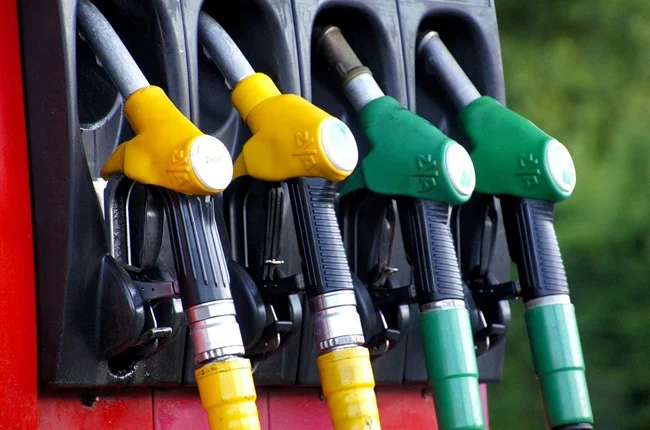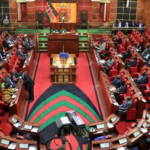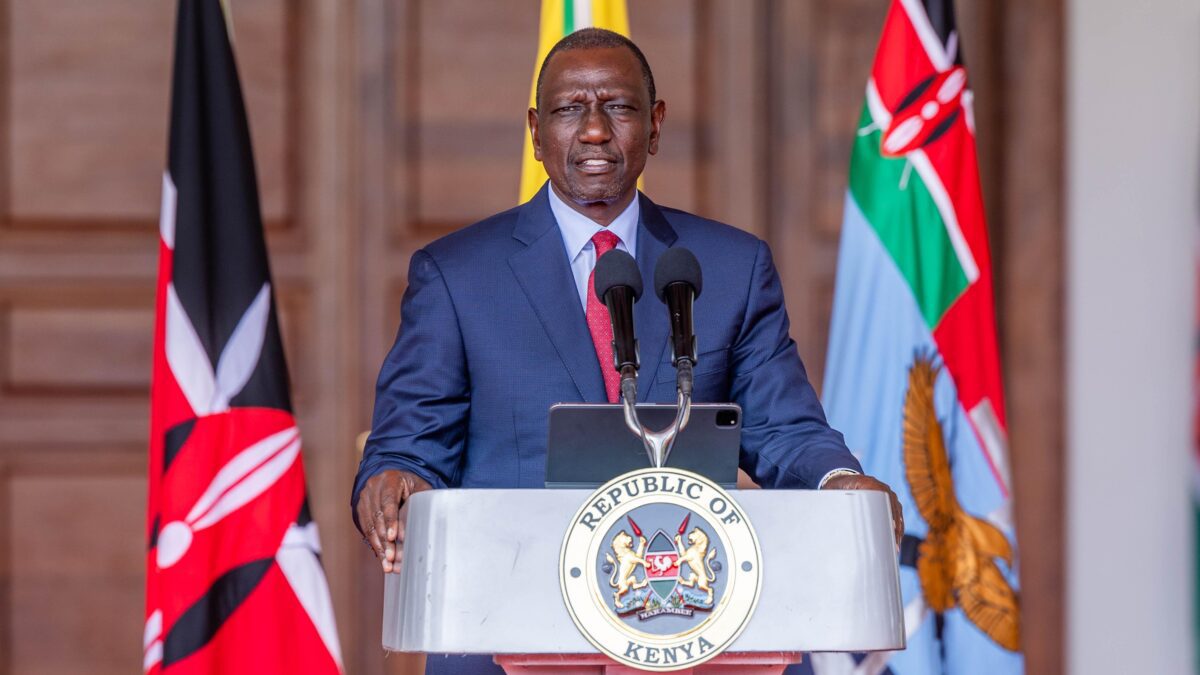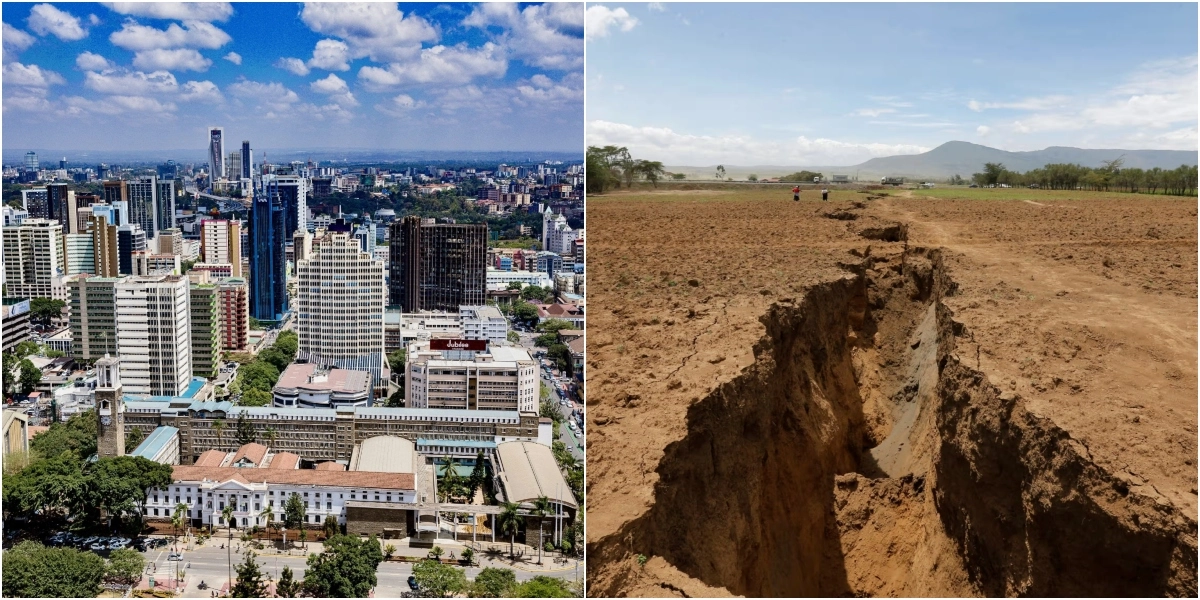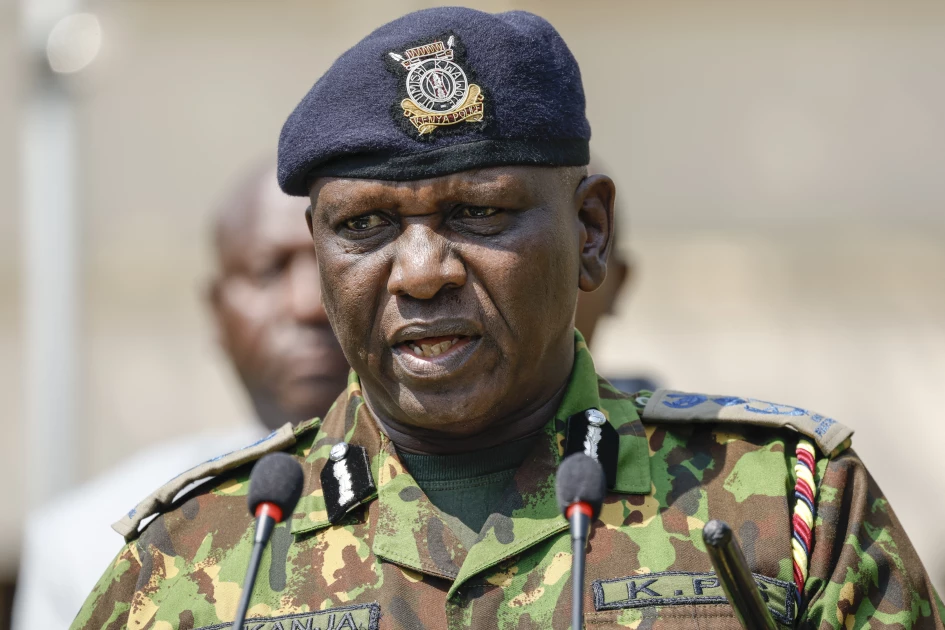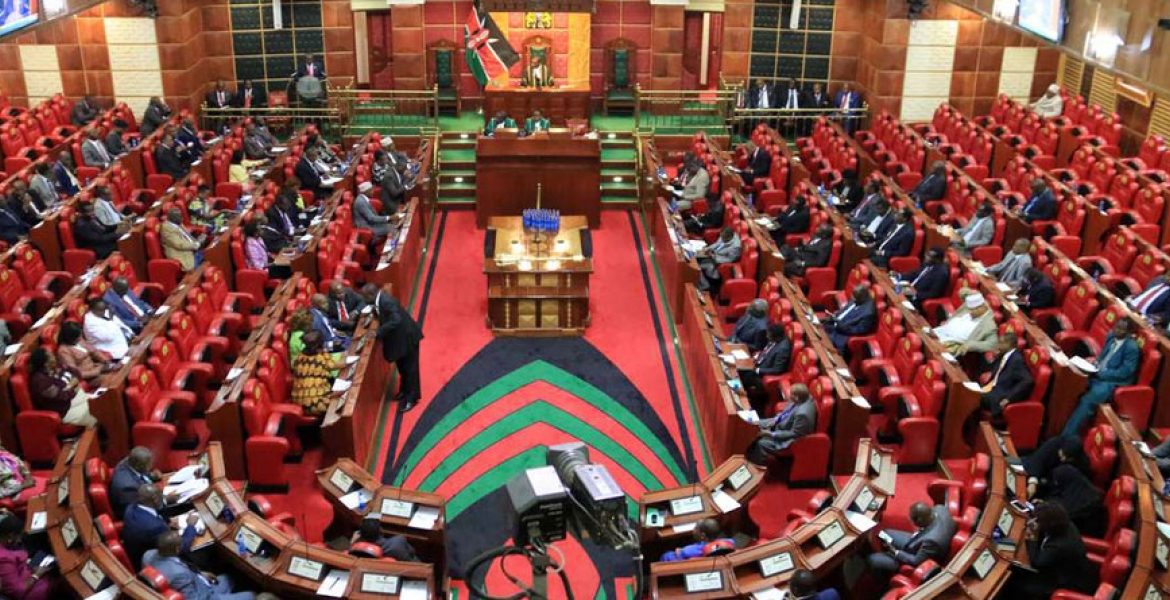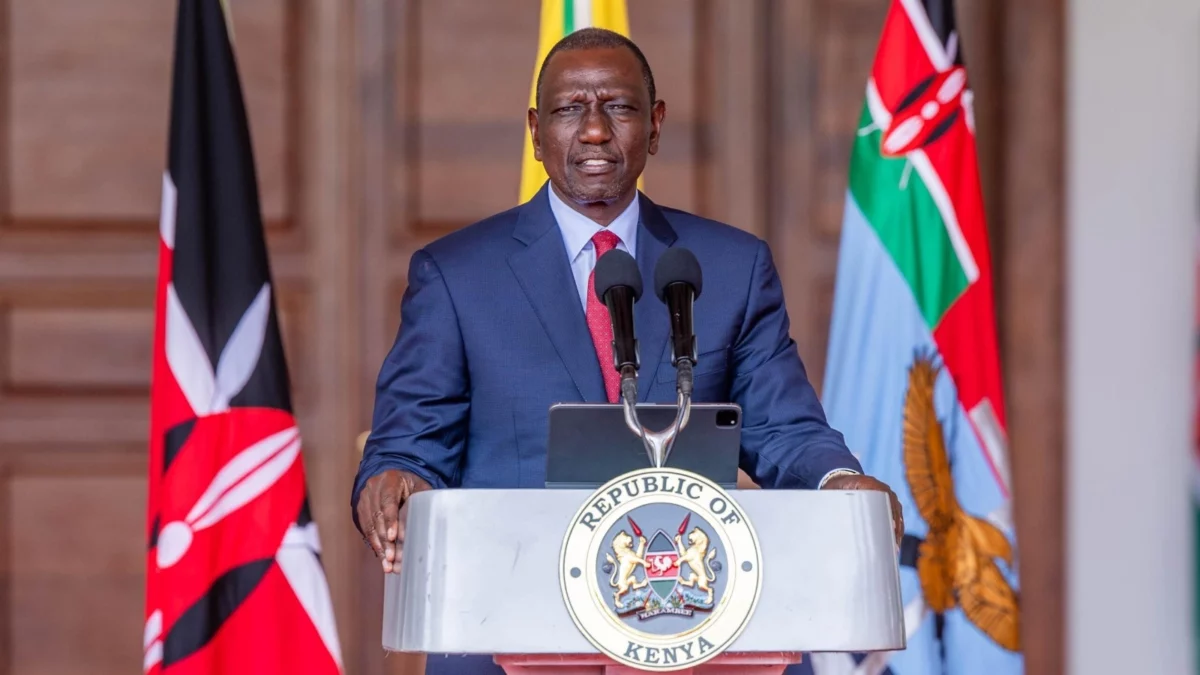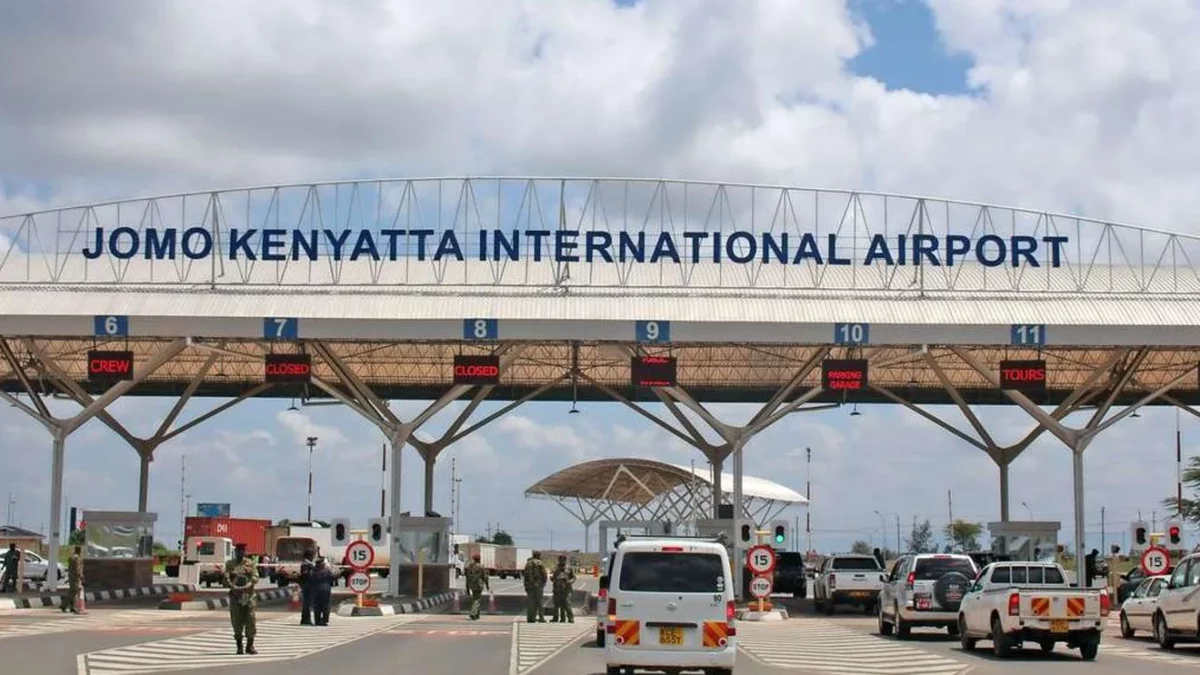Despite continued drops in crude oil prices, Kenyans will continue to face high fuel prices after the energy regulator raised the super petrol price by Ksh2.
The Energy and Petroleum Regulatory Authority (Epra) announced on Tuesday that diesel and kerosene prices will remain unchanged at Ksh162 ($1.25) and Ksh145.94 ($1.12) per litre, respectively, supported by subsidies.
The regulator noted that the FOB price of Murban crude oil fell 11.87 percent to $80.11 per barrel in February.
Simultaneously, the landed cost of gasoline and diesel fell by 0.06 percent and 2.52 percent, respectively. The costs were reduced to $659.47 and $779.88 per cubic metre, respectively.
Read Also: Safaricom to deduct Okoa Jahazi from Bonga Points
Fuel prices in Kenya have remained unchanged since the review in mid-November last year, but Energy and Petroleum Cabinet Secretary Davis Chirchir hinted late last month that prices will begin to fall in April or May as international prices continue to fall.
Chirchir stated that the country imports oil on an M+2 basis (for the next two months), so the international market easing would be felt in Kenya in April or May, but this latest review calls that into question.
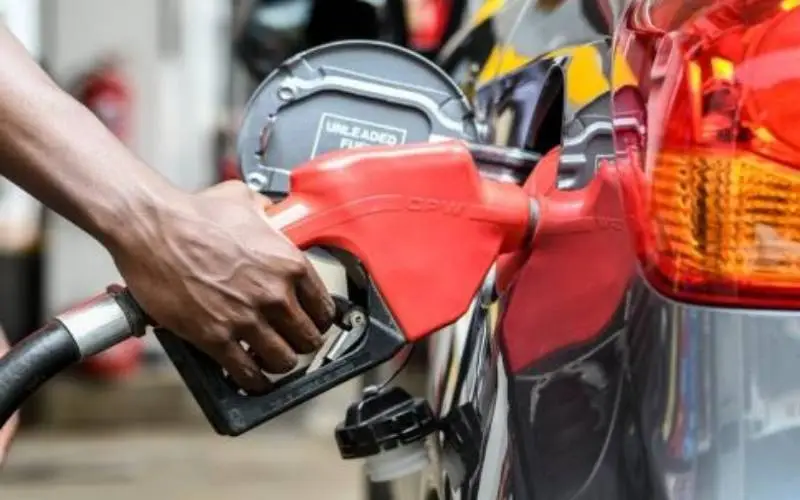
Tanzania currently has the lowest petrol price in the region, at $1.27 per litre, while Uganda’s is $1.34 per litre, and Rwanda and the Democratic Republic of the Congo have set their rates at $1.417 and $1.39, respectively.
As petrol prices continue to rise, the rate of currency depreciation increased to 2.56 percent over the same period, putting pressure on the exchange rate and making imports even more expensive for domestic consumers.
The exchange rate is currently around Ksh130 per US dollar, having depreciated from Ksh125 just a month ago, implying that the price increase for petrol compensates for the drop in the value of the Kenyan shilling.
Subscribe to our YouTube channel Switch TV
However, the government is currently in talks with state-owned oil companies in Gulf countries about deferring payments for oil imports in order to relieve pressure on the exchange rate as forex reserves continue to fall.


